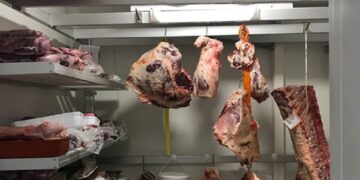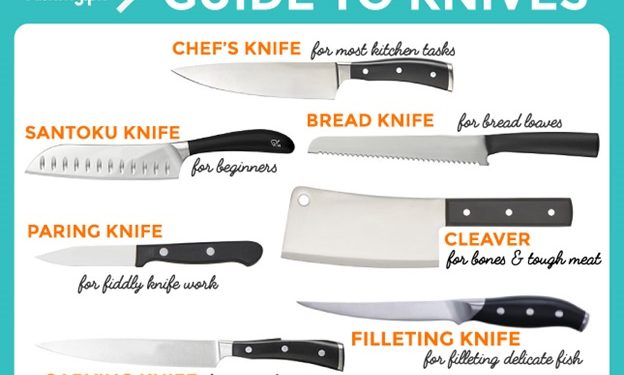Everyone would prefer using a sharp knife. When compared to a dull one, it is safer and less problematic when using. Your blade needs to get steeledbefore you start using it. It is how you realign micro bends along the knifes edge on or after its use. You quickly reform and straighten your knife’s cutting edge through honing to restore its sharpness. However, honing is not the same as sharpening the blade. Sharpening is with a ceramic rod or electric sharpening machine. It removes metal on edge to have a new one.
Honing
Each time you remove your Kamikoto knife blade, it should get honed as required. The honing steel is the ideal instrument in a professional kitchen for the task. Generally, it is a rod of iron or at times of ceramic. It measures around 12 inches in length. The steel comes in round and oval shapes. It is also available in various versions. The best honing steel should contain the following features:
- balanced taper near the tip
- be smooth or have regular serrations
- be wear-resistant
- hard enough-stainless with a chrome plating
- fitted with excellent safety features
Sharpening
Despitea continuous honing, a blade requires to get sharpened severally. Sharpening eliminates steel from the blade edges to construct a new one. The most conservative tool for sharpening a kamikoto knife is a whetstone. There are various types of sharpening stones. However, a stone with a courser surface will take out more steel from the blade than one with a finer surface. The sharpening stone needs to be as lengthy as your longest blade you sharpen. A mechanical edge guide will be useful to achieve the right edge angle at all times.
You can get an electric sharpening machine varying from the most to the least expensive. But as usual, you will get what you pay for. The cheap electric blade sharpener may harm the edgeof expensive cutlery. A good one will contain multiple slots with coarse to fine sloping angles for a super sharp blade edge.








































